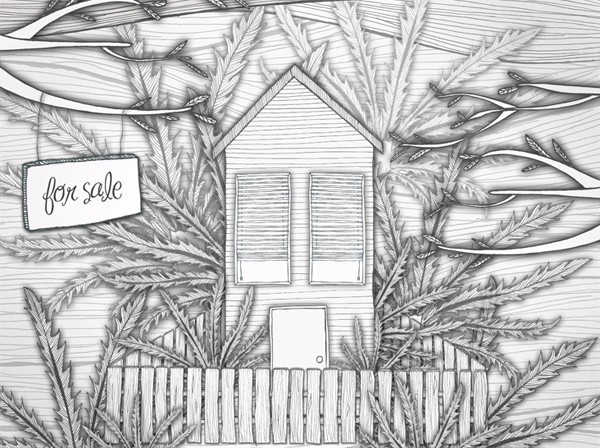Extreme Makeover Home Edition: Grow op-portunities
Former pot houses can be steals on the real estate market
Two years ago, when Mark Friesen and his wife first looked at a custom-built two-storey home in the $300,000-$400,000 bracket just outside Steinbach, Man., it was out of their price range. Eight months later, when the same property was busted as a marijuana grow operation, it dropped in price by $60,000.
“People assumed it was trashed because it was a grow-op and didn’t want to look at it,” Friesen said. “But (the people) who were running it didn’t touch anything from the previous owners. They didn’t even sleep there.”
Aside from some damage from taking the electrical panel completely off to run power to a generator, the unruly landscaping and a kicked-in front door from when the police raided the operation, Friesen bought the house in a condition that required little renovation.
The original owners had replaced the kitchen counters, re-tiled the floors and added a new washer and dryer to the home, among other things, before it was sold to those who used it for criminal activity for approximately three months before they were caught.
Since the grow-op was busted in its early stages, there was minimal damage to the house’s interior. More mature grow-ops, however, can cause much more severe damage that can often lead to serious health and structural issues for future homeowners.
“Moisture and mould are probably the biggest problems,” said Ari Marantz, president of Trained Eye Home Inspection. “It can be (remedied) unless it’s been covered up, cleaned up. Then it can be hard to spot.”
Marantz has seen the maladies of former operations cut out of walls or floors of homes, as well as owners drywalling over problem areas to hide the damage.
According to the Manitoba Real Estate Association, the rules around disclosure of former grow-ops in residential homes is a little murky.
The non-profit organization that represents 1,700 real estate professionals and Manitoba real estate boards encourages realtors to disclose former grow-ops to potential buyers but acknowledges that they aren’t required to do so.
Even without being forced, real estate agent Kris Keough with RE/MAX’s Keough & Colleagues makes a property’s history clear in his listings and to his clients. By cross-referencing any new property he is selling or looking at for a client with the City of Winnipeg’s list of busted grow-ops, Keough aims to be as transparent as possible.
“We have to disclose it,” he said. “If you had one seed or 200 plants we have to identify it as a grow-op.”
The online list is updated bi-weekly and states that it provides the home addresses where marijuana grow operations were found and dismantled. The site is current from April 2009 to March 2010.
With that information presented up front, Keough has found mixed reaction from buyers.
“There are lots of people who won’t buy a grow-op house and a lot that will. Some are still hoping there’s something left in the walls,” Keough said. “Others are just smart enough to know you can get a damn good deal.”
Published in Volume 64, Number 25 of The Uniter (April 1, 2010)







